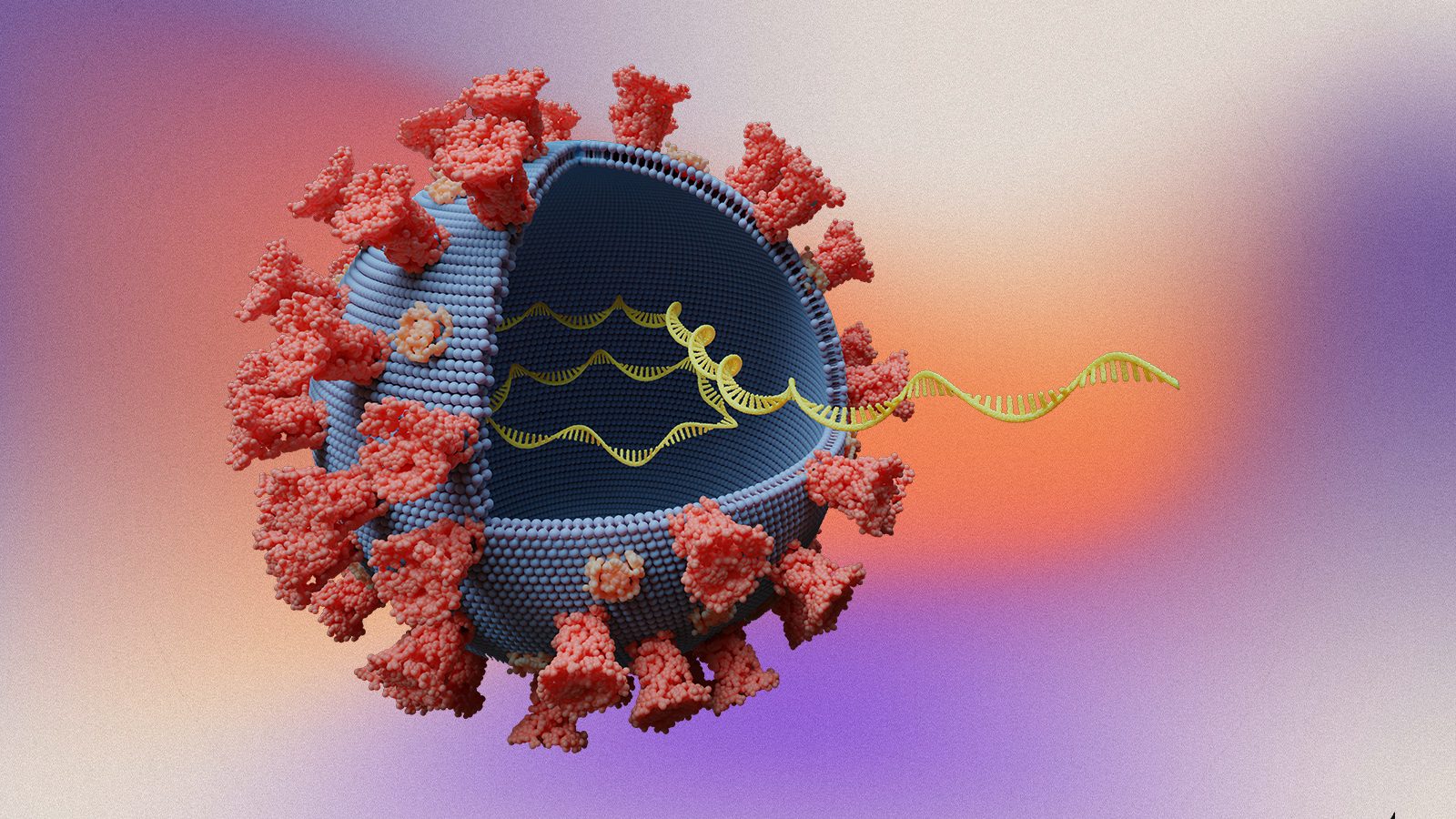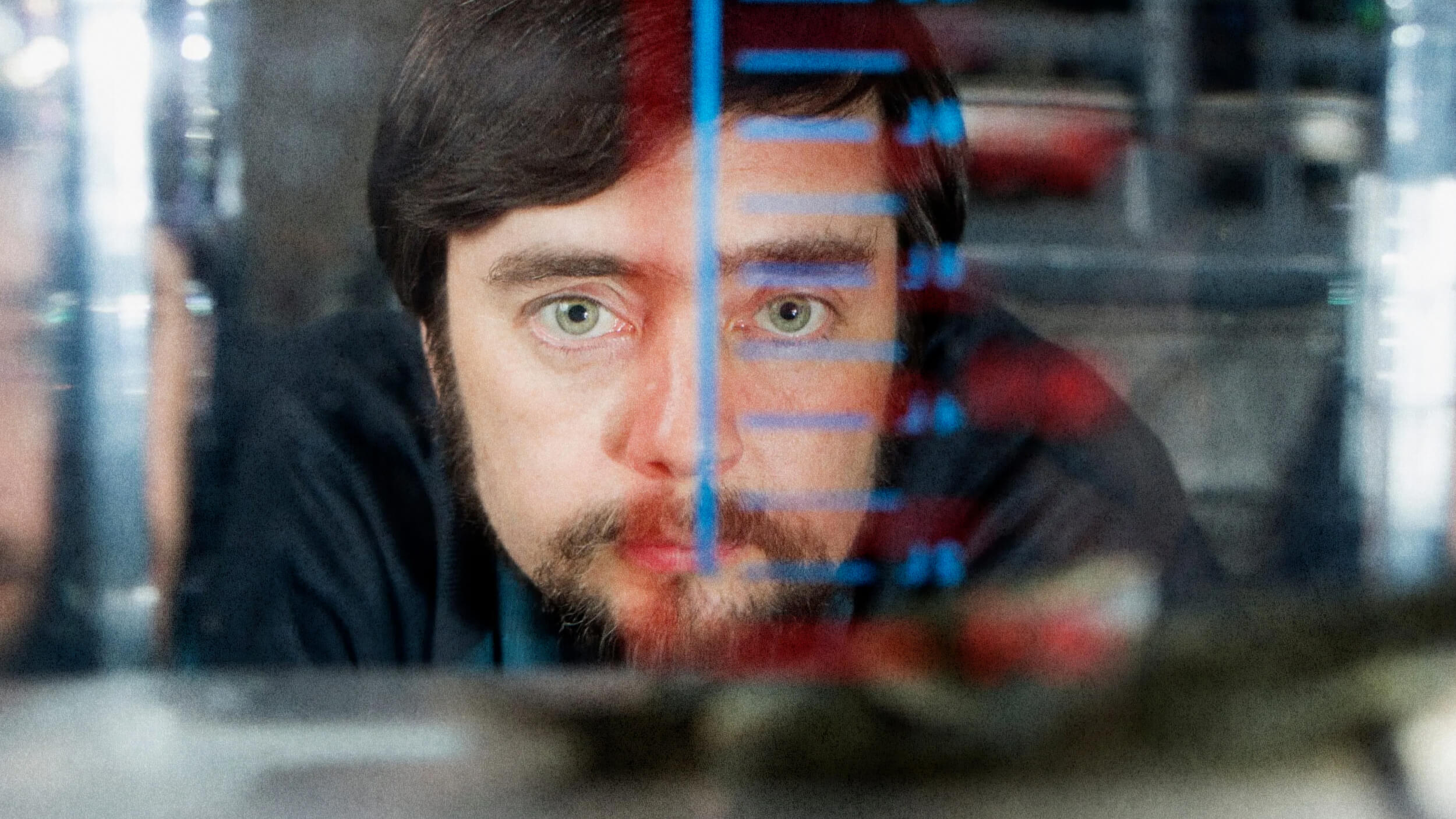Sign up for Big Think on Substack
The most surprising and impactful new stories delivered to your inbox every week, for free.
Esteemed biologist Michael Levin explores a captivating biological perspective on evolution — one that’s hard for engineers to come to terms with. In their work, making random changes to a system usually makes things worse, not better.
But evolution, on the other hand, doesn’t just produce specific solutions to specific challenges; instead, it creates what Levin calls “problem-solving machines.” These machines are made up of hierarchical biological hardware with incredible adaptability, capable of tackling various challenges without assuming specific environmental conditions.
Contrary to commonly held ideas about evolution, it doesn’t just search for the best possible physical characteristics in organisms. It also uses signals and behaviors to shape how organisms function, so when things change or get damaged, the different parts of an organism can continue to function. From metabolic to physiological dilemmas, Levin highlights evolution’s remarkable ability to adapt.
MICHAEL LEVIN: When most engineers hear about the theory of evolution for the first time, the reaction is one of incredulity. And that's because anybody who's ever made anything from writing a computer program to building a complicated device, you know that it's entirely likely that random changes that you make to that system are not gonna make things better, they're gonna make it worse.
And so, the interesting thing about evolution is trying to understand how life gets around that problem. It's often thought that what evolution produces are specific solutions to specific environmental challenges. What I think is a more accurate way of putting it is that what evolution actually gives us are problem-solving machines.
Hierarchical biological hardware that is very good at solving problems without making strong assumptions about what the environment is or how many cells it has or how many copies of the genome it has. Of course, there are ways to mess up that process and we scientists have many ways of doing that, but the default is amazingly much more rich than you would expect, just from something that was tailored to a specific environment.
So one set of experiments that really showed the importance of not assuming the level of competency of a system was our work with "Picasso Tadpoles," that rearrange their face. We have a way of communicating to a bunch of cells in the frog embryo that they should make an eye, and this is done via some bioelectrical signaling and we give them the signal, and they go ahead and they build an eye.
This does not require us to know how to build an eye. We don't specify all of the information needed to make an eye. All we do is provide that high-level directive that resets the set point for these cells, and they will go ahead and they will build an eye wherever we want in the body.
So this isn't because we have done something new, we haven't engineered any new circuits into the embryo; this is only because we've taken advantage of what the system already does. This is how biology works. It uses large-scale triggers and ways to change the goal-directed behavior of these cells and then lets the lower levels handle this.
And another example is what happens in the frog face. If we move the various organs of the early embryo, you still get largely normal frogs because every organ will move around in novel paths even despite the fact that they start off in the incorrect position.
And so what you could imagine is that evolution is not necessarily just searching the space of all possible microstates of the hardware, right, that whole phenotypic space, but it might also be searching a much easier base of behavior-shaping signals.
So that means that because the individual parts can often get their job done, even when things change, that competency- the fact that small changes do not wreck the whole business because the different parts have the ability to get their job done even if the circumstances change- that has huge implications for evolution because it means that the material can make up for a lot of damage and a lot of changes in the hardware.
I think what biology does and what evolution does is it basically finds machines that, structurally, it builds machines via the genome that optimally take advantage of these various free gifts, what physicists might call a 'free lunch.'
For example, if you're evolution and you want to evolve a particular kind of triangle, you do a lot of work sorting through the population and you get the first angle, and then you do a lot more work and you get the second angle. But now something amazing happens, you don't need to look for the third angle because it's already a fact that you know what the third angle has to be because it's already a fact that the angles have to add up to 180.
That is nowhere in the DNA, that comes to us from wherever the laws of mathematics come from. What I think evolution has done is pivoted some of the same tricks. And our goal as scientists is to discover some of these tricks from very simple systems that only solve metabolic problems eventually to physiological and then to transcriptional problems.
And eventually, when multicellularity comes on the scene, a large-scale anatomical problem- so this idea of starting out in a particular shape but you need to get to a very different shape- how much do you grow in what direction? Which cells go where? So making that journey and then once neurons and muscles came on the scene, then those same kinds of strategies were used to navigate three-dimensional space.
That collective intelligence instead of telling all the cells what to do to make specific shapes, they now tell the muscles what to do to move you and I around in three-dimensional space. And after that, who knows, right? There are linguistic spaces and maybe social spaces and who knows what else after that.
What evolution has given us is this remarkable architecture where every level shapes the behavioral landscape of the levels below, and the levels below do clever and interesting things that allow the levels above not to have to micromanage. This ability of each part to get its job done, despite all kinds of novelty, despite changes in its environment, changes in where it starts off, that is the competency that makes biology so incredibly robust.







